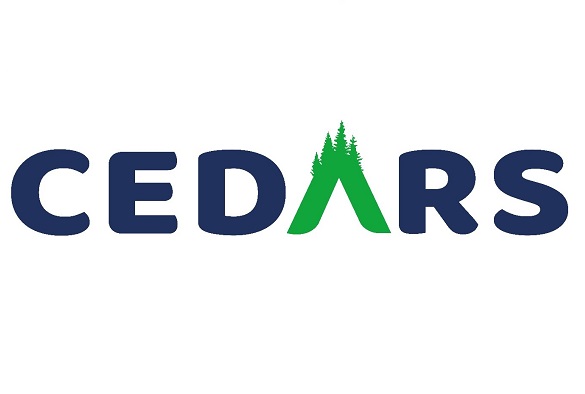Research-active staff across varying career stages will be invited to participate in a national survey seeking views about their experiences of being researchers in UK Higher Education.
The biennial Culture, Employment and Development in Academic Research Survey – (CEDARS)* gathers anonymous data about working conditions, research culture, career aspirations and career development opportunities for research staff and research leaders in higher education institutions across the UK.
CEDARS at University of Liverpool runs from Wednesday, 19 April until Friday, 12 May 2023.
Why engage with CEDARS?
CEDARS provides opportunities for researchers to share their experiences of what it is like to work at University of Liverpool – in short, to give their views on the university’s research culture and environment. It also asks for researcher views on the associated responsibilities of those who manage researchers. The responses from this survey have a direct impact on the activities and actions that are developed across the university, both centrally and within faculties.
Who should engage with CEDARS?
CEDARS is targeted at staff of all career levels who are active researchers, including teaching staff engaged in research and those staff who have formal research staff management or research supervision responsibilities. Postgraduate researchers are not included in the target respondents for CEDARS. Within CEDARS, managers of researchers will self-identify. Much of the CEDARS question set is common to all respondents, with a short section asking about their experience of managing researchers.
What are the benefits to me if I participate?
CEDARS is based on a standard question set to allow for benchmarking with other institutions and longitudinal comparison. It also provides valuable data for measuring progress in implementation of the University’s Action Plan for the Concordat to Support the Career Development of Researchers. The surveys are also crucial to achieving and maintaining the University’s HR Excellence in Research Award, which is reported in REF Units of Assessment and our institutional environment statements. Additionally, it can be included in host organisation statements written for all major national and European funding bodies to demonstrate our commitment to ensuring a positive research culture and the career development of researchers.
What are some examples of the impact from past survey results?
Examples of impact resulting from actions arising in relation to past survey results can be found in the University’s Concordat documentation. These include:
- An updated Statement of Expectations for Principal Investigators (PIs) and Research Staff which ensures a minimum of 10 days pro rata, per year, for researchers to engage with professional development opportunities.
- The University has been awarded £3.6M by Research England towards the innovative £4.4M Prosper Project which will tackle equality, diversity and inclusivity issues that usually present barriers to training for postdoctoral researchers.
- An active University-wide Research Staff Association which provides a forum for shared development, policy input and representation of research staff issues and concerns
- Establishment of the University’s flagship Making an Impact series of development activities focused around the Industrial Strategy priorities, supporting research staff to develop their multi-disciplinary research-impact related knowledge, skills, attributes and competencies.
- A Research Staff Association Buddy Scheme, which helps research staff build connections outside their research group and enhance their professional, research and social frames of reference. This scheme has just completed its third round and will run again in October 2023.
The Academy, on behalf of the Concordat Steering Group, chaired by Professor Anthony Hollander, Pro-Vice-Chancellor for Research and Impact, is administering this survey.
Professor Anthony Hollander said: “CEDARS represents a valuable opportunity for research staff to share views about their experiences and viewpoints. The University of Liverpool fully endorses the principles of the Concordat, and this is exemplified by the many activities underway within the University which demonstrate our commitment to our researchers and their broader skills development. I hope that staff will take this opportunity to submit their responses to the survey to allow for robust reporting of progress and data for our submission to retain the prestigious HR Excellence in Research Award, as well as data for our Athena Swan and Faculty-based initiatives.”
CEDARS at the University of Liverpool opens on Wednesday, 19 April until Friday, 12 May 2023. Relevant staff will be emailed the survey link. Any queries about CEDARS should be directed to Researcher@liverpool.ac.uk
Follow @LivUniAcademy and @LivResearcher for updates and information about research staff development opportunities.
*CEDARS is managed by Vitae, an international programme dedicated to supporting the professional and career development of researchers. http://www.vitae.ac.uk/cedars
